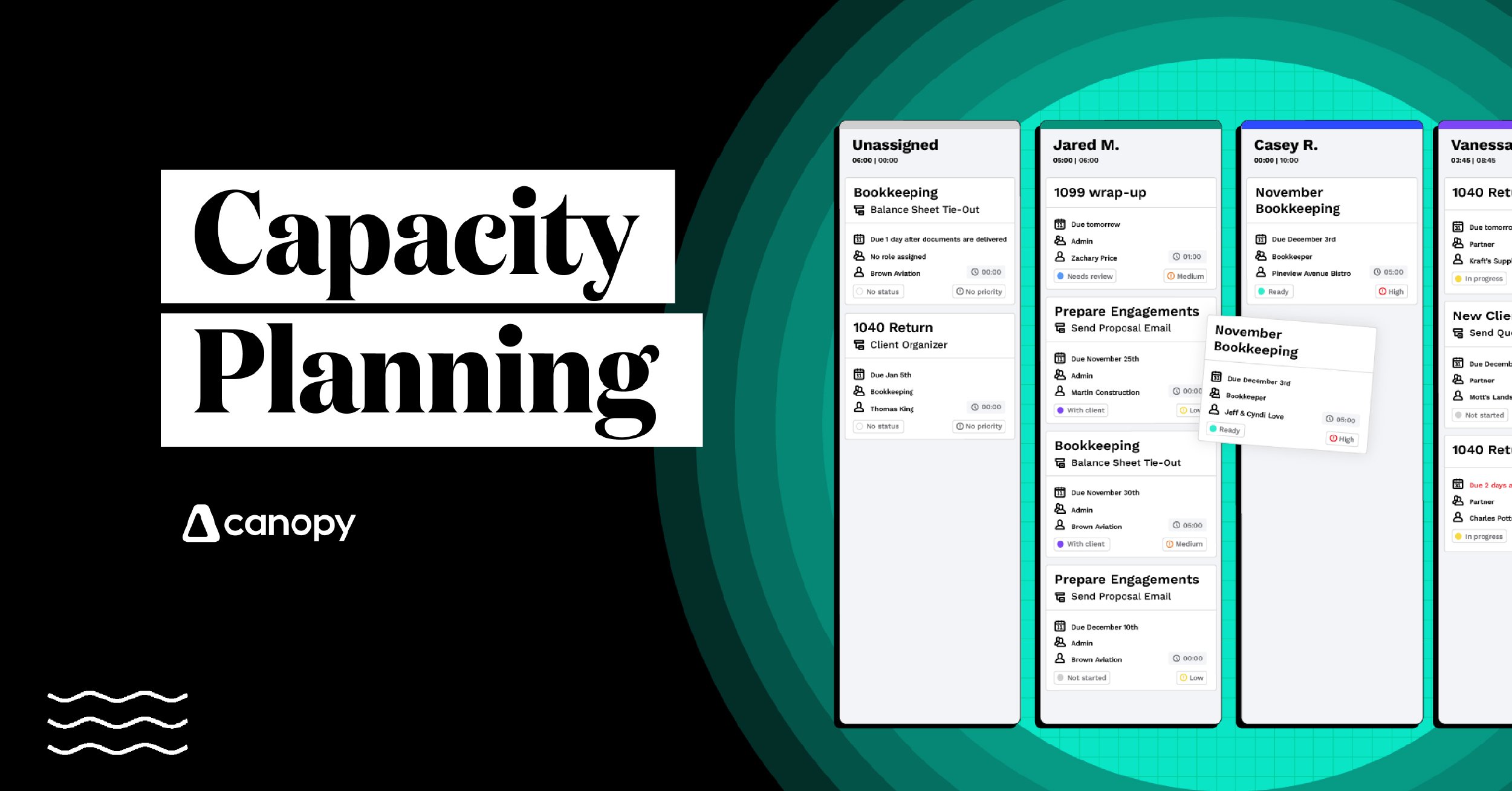The purpose of Form 8300 is straightforward: to report cash payments over $10,000 received in a trade or business. For Arizona car dealers, this requirement applies to transactions where customers pay using physical currency, cashier’s checks, money orders, or bank drafts under specific conditions. Understanding these obligations is essential not just for compliance but for avoiding substantial penalties that can affect your dealership’s financial health.
Triggering Events for Form 8300 Filing
The IRS definition of “cash” extends beyond physical currency. For Form 8300 purposes, cash includes cashier’s checks, traveler’s checks, money orders, and bank drafts with face values of $10,000 or less if used in combination with other forms of cash that together exceed $10,000. However, personal checks drawn on the customer’s account and electronic transfers are not considered cash.
Arizona car dealers should be particularly vigilant about structured transactions – multiple related payments that individually fall below the reporting threshold but collectively exceed $10,000. For example, if a customer purchases a vehicle for $15,000 and makes three separate $5,000 cash payments within 24 hours or as installments on a single transaction, Form 8300 filing is required.
Virtual currency transactions, increasingly common in high-value purchases, present another compliance consideration. Currently, the IRS treats convertible virtual currencies as property rather than cash for Form 8300 purposes, but dealers should stay informed on evolving guidance in this area.
Filing Requirements and Deadlines
The timeline for filing Form 8300 is non-negotiable: dealerships must submit the form within 15 days of receiving the reportable cash payment. Forms can be filed electronically through the Financial Crimes Enforcement Network’s BSA E-Filing System or submitted in paper format to the IRS.
When collecting customer information for the form, dealers must verify and record:
The customer’s full legal name
Social Security Number or Taxpayer Identification Number
Complete address (not a P.O. box)
Date of birth
Occupation
Additionally, dealers must maintain copies of all filed Form 8300s for a minimum of five years from the filing date. By January 31 of each year, dealerships must provide written statements to customers for whom they filed Form 8300s during the previous calendar year.
Practical Compliance for Arizona Dealerships
Implementing effective compliance procedures starts with comprehensive staff training. Every employee involved in sales or finance operations should understand Form 8300 requirements and recognize reportable transactions. Consider creating a standardized process that includes:
Designating a compliance officer responsible for Form 8300 oversight
Developing written policies that clearly outline reporting procedures
Creating customer disclosure statements that explain reporting requirements
Implementing transaction monitoring systems that flag potential reportable sales
Conducting regular internal audits to verify compliance
Documentation is your dealership’s first line of defense against potential compliance issues. Establish systems that track all cash transactions, regardless of amount, to identify patterns that might trigger reporting requirements.
Penalties and Enforcement
The consequences of non-compliance can be severe. Civil penalties for negligent failure to file Form 8300 can reach $25,000 per violation. Willful violations may trigger criminal penalties including fines up to $250,000 for individuals and $500,000 for corporations, and even imprisonment for up to five years.
The IRS actively enforces Form 8300 compliance through targeted audits of cash-intensive businesses, including car dealerships. Recent enforcement actions have resulted in significant penalties for Arizona businesses that failed to file required forms or filed with intentionally incomplete information.
Best Practices for Arizona Car Dealers
To maintain compliance while efficiently managing your dealership operations:
Create clear written procedures for identifying, documenting, and reporting cash transactions
Train all relevant staff members annually on Form 8300 requirements
Use electronic filing systems when possible to reduce errors and maintain high-quality records
Inform customers of reporting requirements before finalizing cash transactions
Consider consulting with a tax attorney when handling unusual transaction structures
Responding to IRS Inquiries
If your dealership receives Form 8300-related inquiries from the IRS, respond promptly and professionally. Have ready access to your filed forms and supporting documentation. During an examination, dealers have the right to representation and should consider engaging a tax professional experienced with Bank Secrecy Act requirements.
Form 8300 compliance represents a significant but manageable responsibility for Arizona car dealerships. By understanding the requirements, implementing comprehensive procedures, and maintaining thorough documentation, your dealership can meet its obligations while minimizing disruption to business operations. When in doubt about specific reporting scenarios or compliance questions, consulting with a qualified tax attorney can provide clarity and protection for your business.
Remember that Form 8300 compliance isn’t just about avoiding penalties – it’s about participating in the broader effort to maintain financial system integrity and combat illegal activities. Your dealership’s diligent compliance helps ensure a level playing field for all businesses and contributes to a more transparent marketplace.
Book a free consultation with a Guardian Tax Professional today to get clear answers to your unique situation.


























